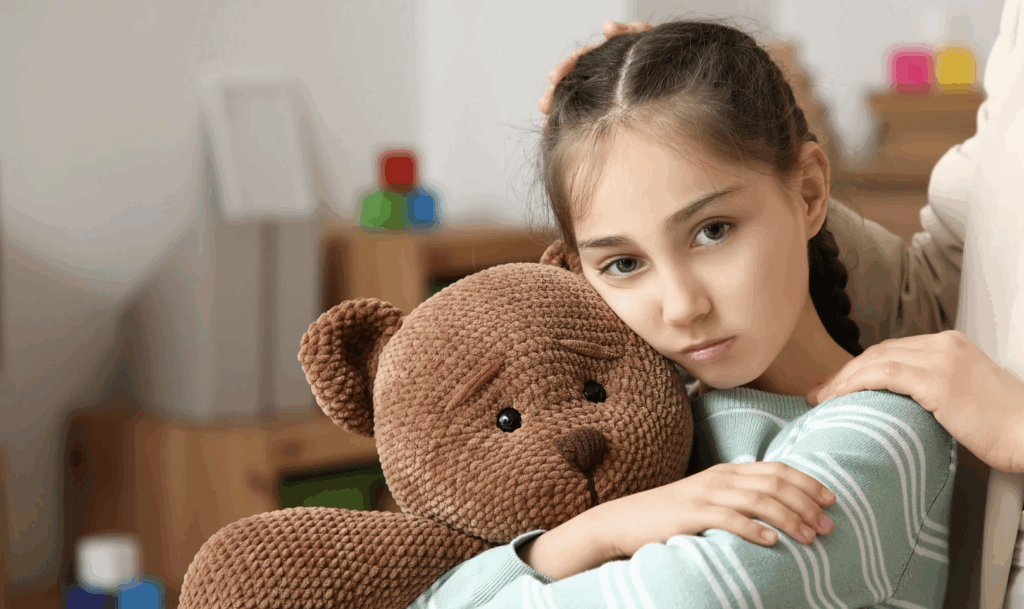
Adoption laws in Texas are designed to help children find safe, loving, and permanent homes. Many people assume that adoption is only available to married couples, but that’s not the case. If you’re wondering, “Can a single woman adopt in Texas?”, the answer is a clear yes.
Single women—and single men—can adopt in Texas as long as they meet the state’s legal requirements. Here’s everything you need to know.
ADOPTION IS OPEN TO SINGLE ADULTS
Texas law does not require adoptive parents to be married. Single individuals are eligible to adopt, whether through foster care, private adoption, or kinship adoption.
The Texas Family Code focuses on the best interests of the child, not marital status. This means that as long as you can provide a safe, stable, and nurturing home, you can become an adoptive parent.
REQUIREMENTS FOR SINGLE WOMEN TO ADOPT IN TEXAS
To adopt in Texas, single women must:
- Be at least 21 years old
- Demonstrate financial stability
- Pass criminal background and child abuse registry checks
- Complete a home study conducted by a licensed social worker
- Provide personal references
- Complete any required training (for foster care or agency adoptions)
These requirements apply to everyone pursuing adoption in Texas—single or married.
TYPES OF ADOPTION AVAILABLE TO SINGLE WOMEN
Single women in Texas can choose from several adoption paths:
1. Foster Care Adoption
Adopting from the Texas foster care system is often the most affordable option. Many children in foster care are legally free for adoption, and the state provides financial assistance, including adoption subsidies and Medicaid coverage for the child.
2. Private Infant Adoption
You can work with a licensed agency or adoption attorney to adopt a newborn directly from birth parents. While this process can be more expensive, it allows you to be involved from the beginning.
3. Kinship Adoption
If you are related to a child—such as a niece, nephew, or grandchild—you can pursue kinship adoption. This process is often faster and less costly than traditional adoption.
4. International Adoption
Single women can also adopt from other countries, although eligibility depends on the laws of the child’s home country and U.S. immigration regulations.
BENEFITS OF SINGLE-PARENT ADOPTION
Single women bring unique strengths to parenting, including independence, emotional stability, and resilience. Courts recognize that what matters most is the ability to provide a child with love, security, and consistency—not marital status.
Many children in foster care are waiting for families, and single adoptive parents play a crucial role in meeting that need.
FREQUENTLY ASKED QUESTIONS
Do I have to own a home to adopt?
No. You can rent or own your home. What matters is that it’s safe, stable, and has enough space for a child.
Can a single woman adopt a baby in Texas?
Yes. Many single women successfully adopt infants through private agencies or attorneys.
Is the process harder for single women?
Not legally. The same standards apply to all adoptive parents. However, agencies may evaluate your ability to provide emotional and financial support independently.
Can LGBTQ+ single women adopt in Texas?
Yes. Texas law does not restrict adoption based on sexual orientation or gender identity.
FINAL THOUGHTS
So, can a single woman adopt in Texas? Absolutely. Texas law allows single adults to adopt as long as they meet the state’s requirements and demonstrate the ability to provide a stable, loving home. Whether through foster care, private adoption, or kinship adoption, single women can—and do—build beautiful families every day.
Bryan Fagan is a Texas family law attorney with a heart for adoption—inspired not just by his legal career, but by his own family story. Growing up in Atascocita with two adopted brothers, Bryan learned early the profound meaning of chosen family. His passion for justice was sparked by John Grisham’s The Pelican Brief, and he became the first lawyer in his family, balancing night classes at South Texas College of Law while caring for his grandmother with Alzheimer’s.
Today, Bryan brings that same dedication to his practice, guiding families through adoptions, custody disputes, divorces, and complex marital agreements. A certified member of the College of the State Bar of Texas, he combines elite legal expertise with genuine empathy—drawing from his roles as a husband, father of three, and advocate for families facing false CPS allegations.
Based in Houston, Bryan is actively involved in the Houston Bar Association’s Family Law Sector and statewide family law organizations. Whether finalizing an adoption or protecting parental rights, he believes the law should reflect the deepest values of home, commitment, and love.

